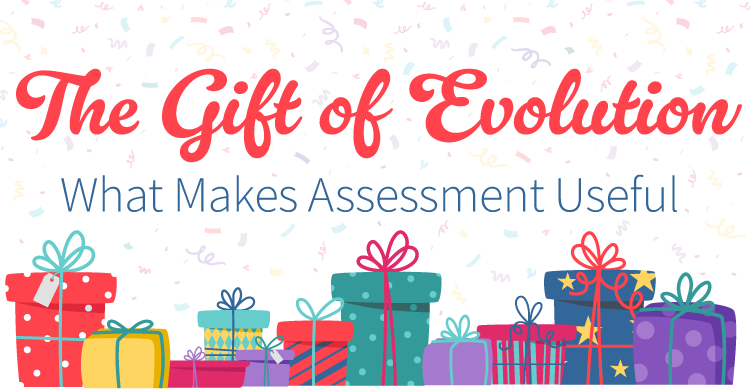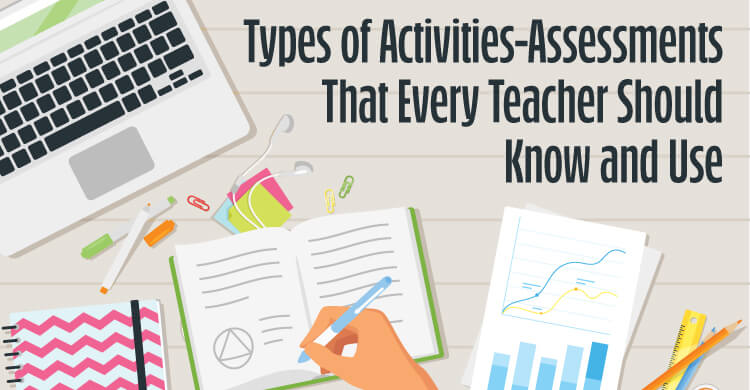Time for Spring Reading! 8 Amazing Books for Educators
Break out the spring reading lists! May marks a season of momentum—when reflection meets forward
Read More

Break out the spring reading lists! May marks a season of momentum—when reflection meets forward
Read More
It’s been some time since I last wrote about educational topics. As many educators know,
Read More
How aligned are e-marketplace and AI activities, items, questions, and/or tasks to the grade level
Read More
Just when we thought artificial intelligence tools like ChatGPT were going to make human thinking
Read More
What kinds of activities best prepare students for a changing and uncertain world? I would
Read More